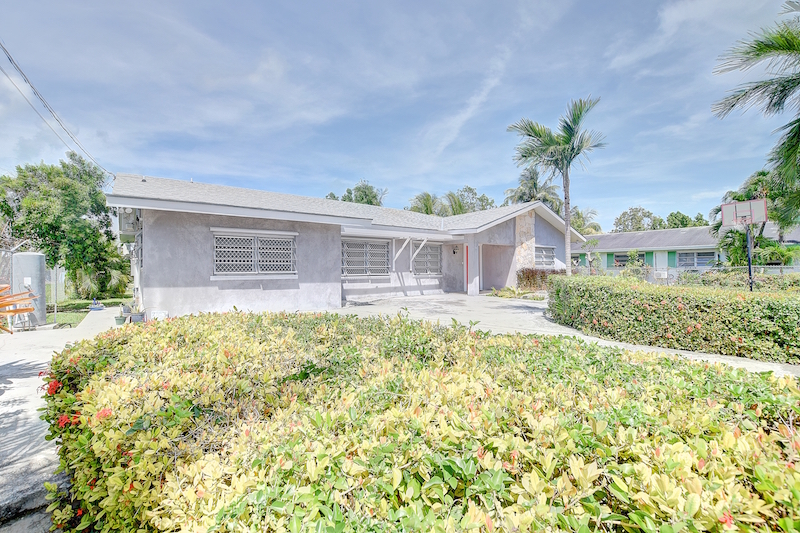- Your Complete Guide to Getting Rid of Bathroom Mold - March 18, 2021
- Avoid These 5 Decorating Mistakes That Make Your Home Look Messy! - February 11, 2021
- Eliminate dirty grout for good! - December 6, 2020
Ten years. That’s the average amount of time a homeowner stays in a house, according to the National Association Of Realtors.
Think that sounds shockingly short? Or way too long? The fact is, people’s reasons for selling their home are different, as are their time frames.
Still, there are some common threads—financial and emotional—that lead us to call it quits and move on to a new home. And you don’t always see them coming.
Read on for some telltale signs it’s time to start packing your bags (and when you should settle in for the long haul).
Table of Contents
1. You know the seller’s market is booming, and you want in
Let’s start with one of the most obvious reasons to sell: You’re eager to make a profit on your property.
You need to gauge the critical indicators of a healthy market.
A few signals: The price per square foot in your area is increasing, the amount of time properties stay on the market is decreasing, and you’ve noticed an uptick in brokerage activity in your neighborhood. (If you’re situated in an especially hot neighborhood, you might even get a letter or a knock on the door from a listing agent who wants to help you get in on the action).
If any of these are true in your area, think about selling.
2. Because your neighbors just got what?!? for their house?
Check online listings in your neighborhood, and pay attention to the “recently sold” flyers in your inbox to keep track of what comparable homes in your area are going for.
If other houses in your neighborhood with the same bedroom/bathroom count [as yours] are selling for a price that you’d be more than satisfied with, it might be time to move on.
3. You’re sick of feeling financially stressed
Not everyone sells to pad their bank account. Some homeowners underestimated their ongoing housing costs and merely want to ease their financial burden.
If your property taxes or mortgage payments have become unmanageable, the best recourse may be to find another home that’s more affordable.
Your monthly housing costs shouldn’t exceed 28% of your gross monthly income.
4. You’ve grown—but your home hasn’t
The starter home you moved into when you were expecting your first child isn’t necessarily the house you need now that you have three preteens and a dog. It’s bittersweet to give up the memories you’ve made in your home, but if your living quarters are causing you stress rather than comfort, it’s time to move.
Death, serious illness, divorce—these are all emotionally wrought experiences that may warrant a need for change.
5. You’re over ‘high maintenance.’
The average homeowner shells out $2,000 a year for maintenance services. Not repairs, but scheduled services such as landscaping, septic service, and house cleaning.
Sick of watching these payments steadily drip out of your bank account? You might be better off in a low-maintenance condo or a new-build property.
6. You’ve put at least 5 years into the relationship
If you sell too soon—assuming you have a mortgage—you haven’t built up any equity in the home beyond the down payment. In the beginning, your mortgage payments are almost completely interest payments.
In fact, unless the housing market is seriously booming (see above), you might lose money when you sell. Remember: Selling isn’t free: You’ll have to shell out to cover all the costs associated with hiring a broker, closing, and, of course, purchasing another home.
Stay put for at least five years unless you have an urgent need to move.
But beware of snap decisions
Of course, there are no promises that selling will be better for you in the long run.
Selling your home is, above all, a personal decision. Do what will help you live—if not happily ever after—happily for now.

